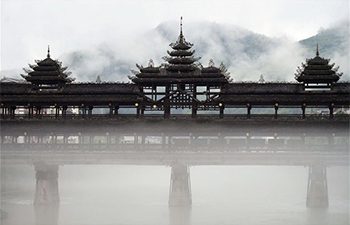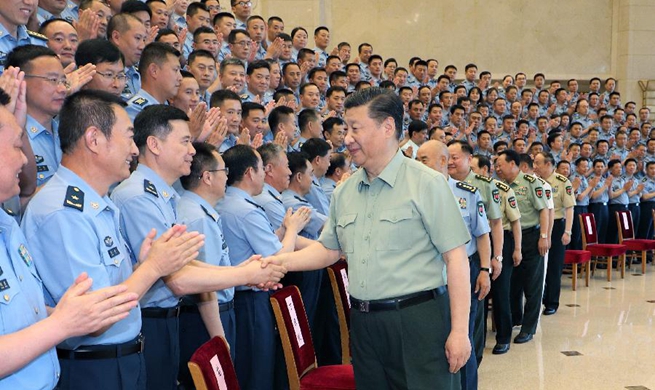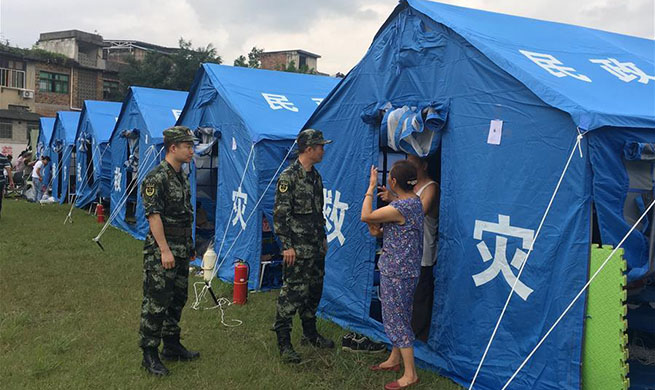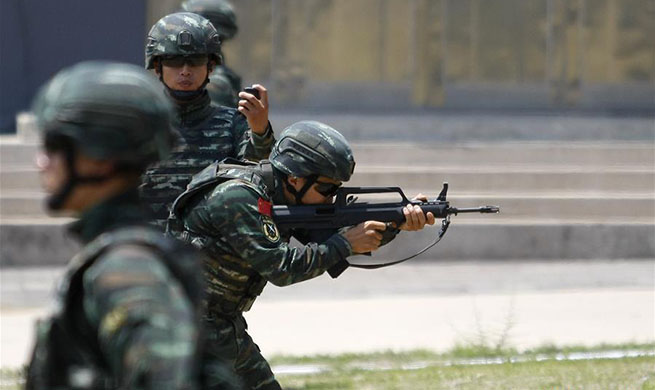SEOUL, June 19 (Xinhua) -- South Korea on Wednesday called on Japan to compensate the South Korean victims of forced labor during World War II through funds from Japanese and South Korean firms, according to Seoul's foreign ministry.
The Seoul ministry said in a statement that the government had sought ways to resolve the forced labor issue while listening to public opinion and experts in various fields and consulting with relevant ministries.
During the process, an idea was raised that it would be desirable for the relevant parties to be reconciled with each other by compensating the victims, who had won the court trial, through funds voluntarily created by Japanese and South Korean companies, including the accused Japanese firms.
Relations between Seoul and Tokyo have soured since Japan protested late last year against the South Korean top court's ruling that Nippon Steel & Sumitomo Metal Corp. should pay compensation for the forced labor victims.
The South Korean top court passed a similar judgment, ordering Mitsubishi Heavy Industries Ltd. to compensate two groups of South Korean victims over wartime forced labor.
Additional South Korean victims sued other Japanese firms, including Nachi-Fujikoshi Corp. and Mitsubishi Materials Corp., claiming that they or their family members were adversely affected by the wartime forced labor.
South Korean historians said at least 700,000 young Koreans were forced into hard labor without pay by the Japanese firms during the Pacific War. The Korean Peninsula was colonized by Imperial Japan from 1910 to 1945.
The Seoul ministry said that if Japan accepts South Korea's proposal, it would intend to review Japan's offer to form an arbitration panel consisting of one respective member from the two countries and another from a third country to resolve the forced labor issue.
The Tokyo offer was based on a dispute settlement procedure stipulated in the 1965 accord, which was signed by South Korea and Japan to normalize the bilateral diplomatic relations following the colonial era.
Japan claimed that the reparation issues were settled through the 1965 pact, but South Korea said the accord did not refer to individuals' rights to compensation.













